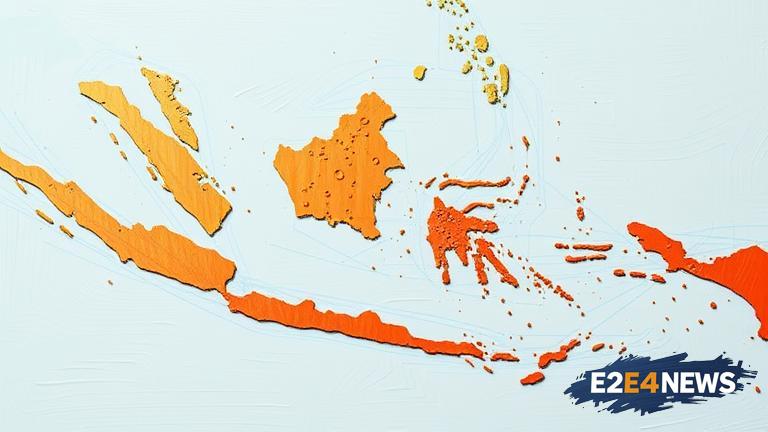Indonesia has been actively working towards obtaining recognition from the World Organisation for Animal Health (WOAH) for its Foot-and-Mouth Disease (FMD) free zones without vaccination. This effort is part of the country’s strategy to enhance its livestock exports and improve overall animal health standards. The Indonesian government has been engaged in discussions with WOAH to achieve this goal, which is considered crucial for the country’s agricultural sector. FMD is a highly contagious viral disease that affects cloven-hoofed animals, and its presence can significantly impact livestock production and trade. By achieving FMD-free zone status without vaccination, Indonesia aims to demonstrate its capability to maintain high standards of animal health and biosecurity. This recognition would not only boost the country’s livestock exports but also increase consumer confidence in Indonesian animal products. The process of obtaining WOAH recognition involves a thorough evaluation of the country’s animal health systems, including its surveillance, monitoring, and disease control measures. Indonesia has been investing in strengthening its animal health infrastructure and implementing strict biosecurity protocols to prevent the spread of FMD. The country’s livestock industry is a significant contributor to its economy, and the recognition of FMD-free zones without vaccination would provide a competitive edge in the global market. Indonesia’s pursuit of WOAH recognition is also aligned with its commitment to improving animal welfare and reducing the use of antibiotics in livestock production. The use of vaccination as a control measure for FMD is common in many countries, but Indonesia is exploring alternative approaches that focus on biosecurity and animal health management. The WOAH recognition process is rigorous and involves multiple stages, including a thorough risk assessment and evaluation of the country’s animal health systems. Indonesia is working closely with international partners and stakeholders to ensure that its application meets the required standards. The recognition of FMD-free zones without vaccination would be a significant achievement for Indonesia, demonstrating its commitment to animal health and biosecurity. This achievement would also have implications for the country’s trade relationships, as it would provide assurance to importing countries about the safety and quality of Indonesian animal products. Furthermore, the recognition would contribute to the development of the country’s livestock industry, creating new opportunities for farmers and producers. In addition to the economic benefits, the recognition would also contribute to the improvement of animal welfare in Indonesia, as it would promote the use of alternative disease control measures that are more humane and sustainable. The Indonesian government is confident that its efforts to achieve WOAH recognition will be successful, given the country’s strong commitment to animal health and biosecurity. The recognition process is expected to take several months, during which time Indonesia will continue to work closely with WOAH and other stakeholders to ensure that its application is successful. Overall, Indonesia’s pursuit of WOAH recognition for its FMD-free zones without vaccination is a significant step towards improving the country’s animal health standards and enhancing its livestock exports. The country’s commitment to animal health and biosecurity is evident in its efforts to achieve this recognition, and it is expected that this achievement will have far-reaching benefits for the country’s agricultural sector and trade relationships.
